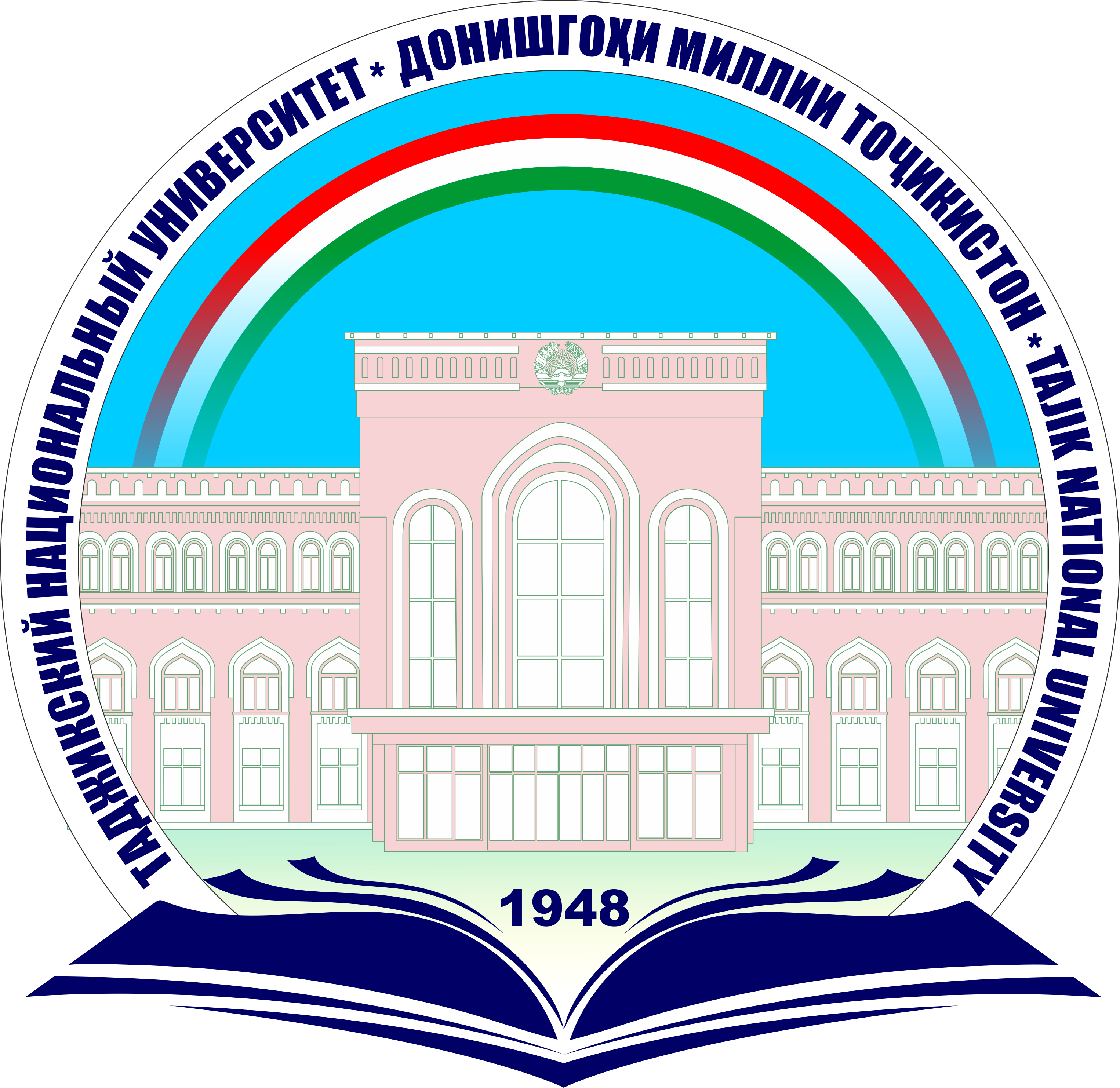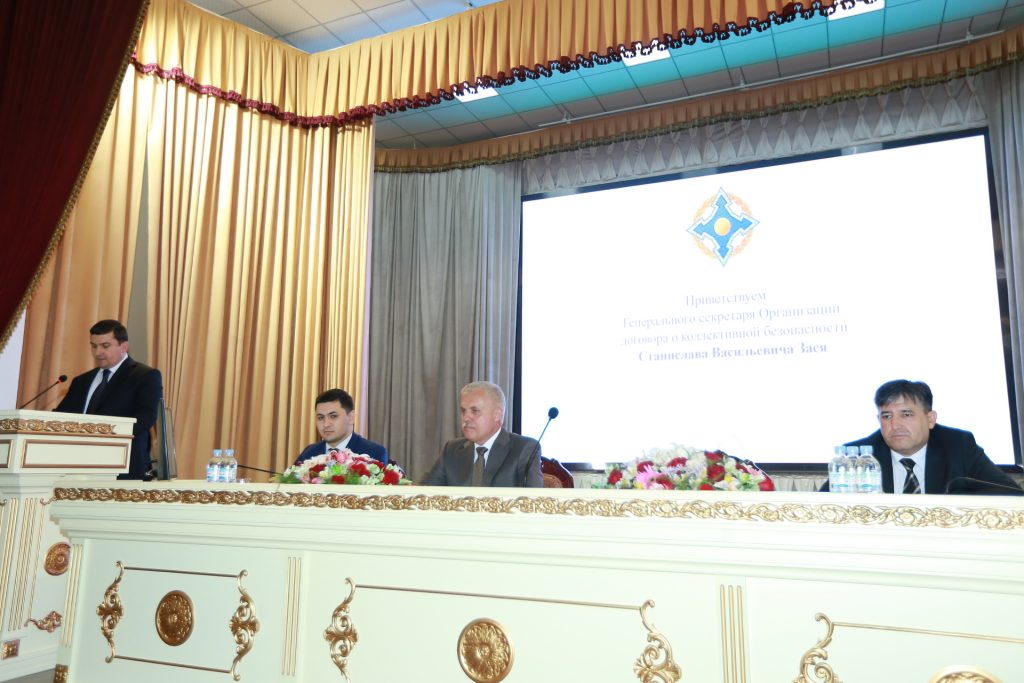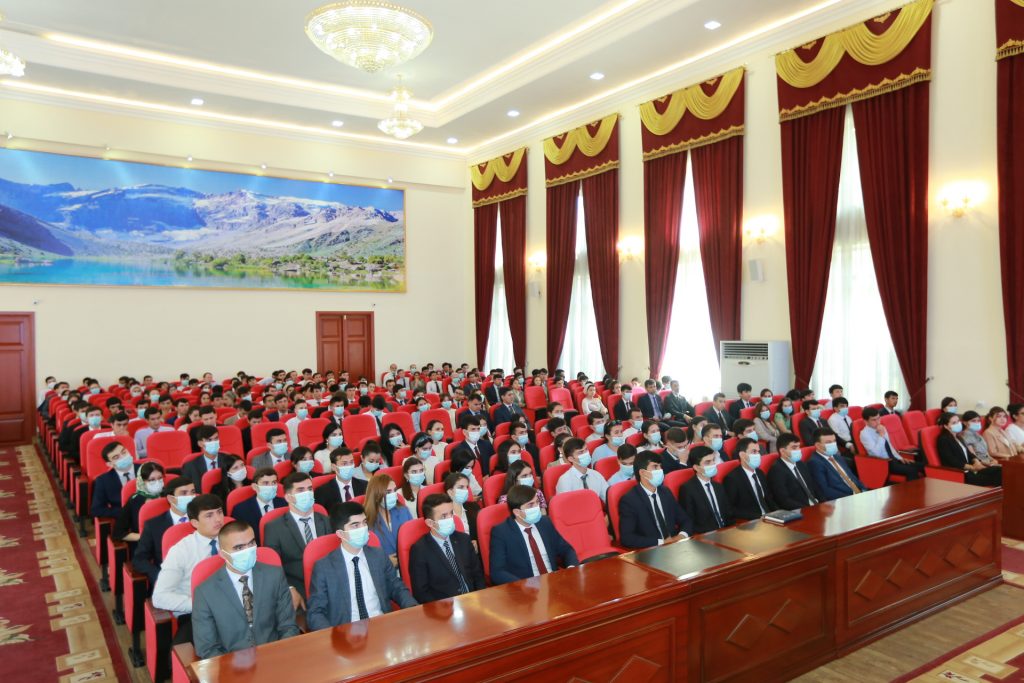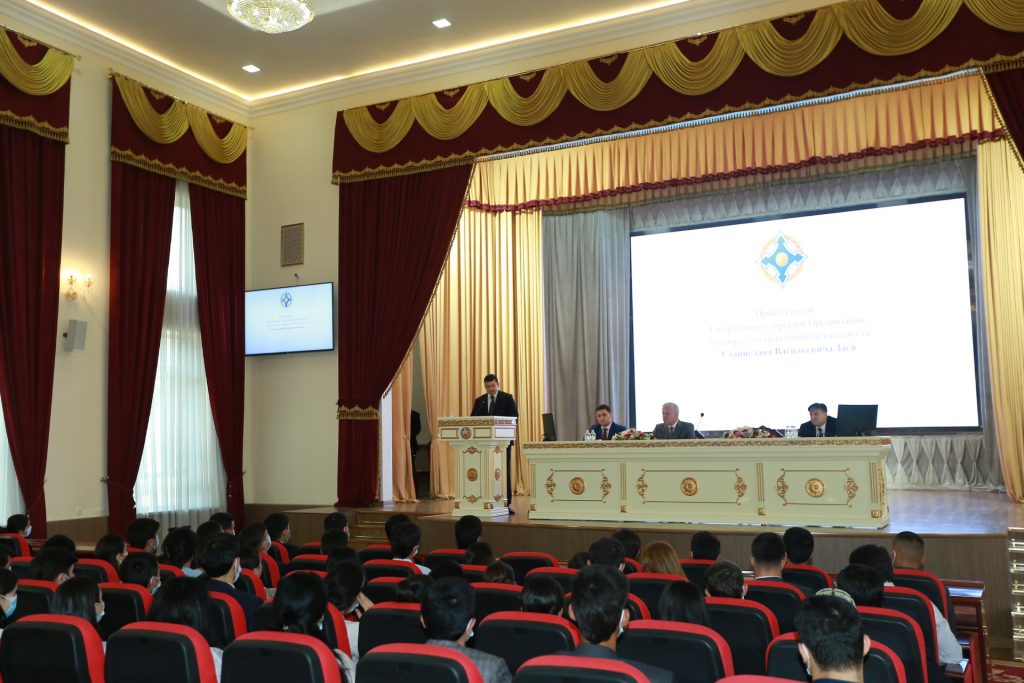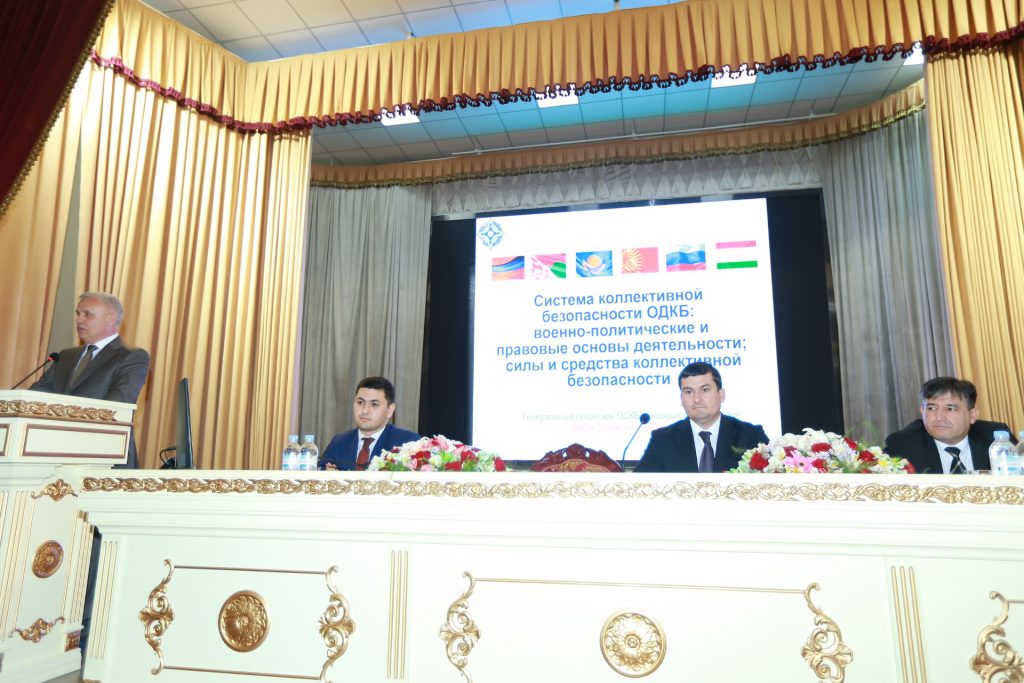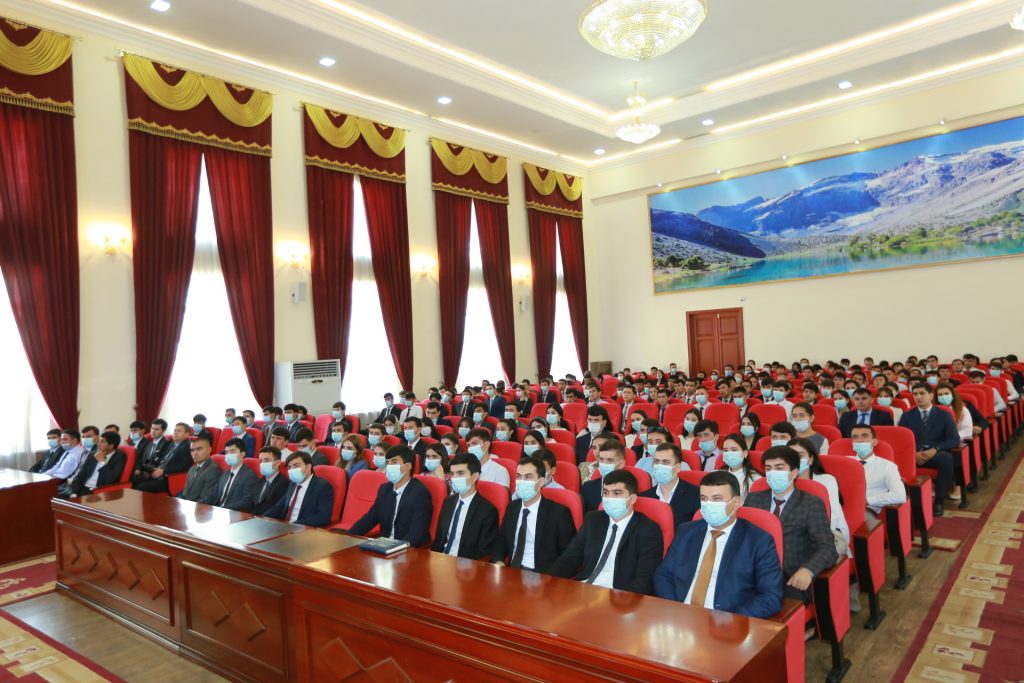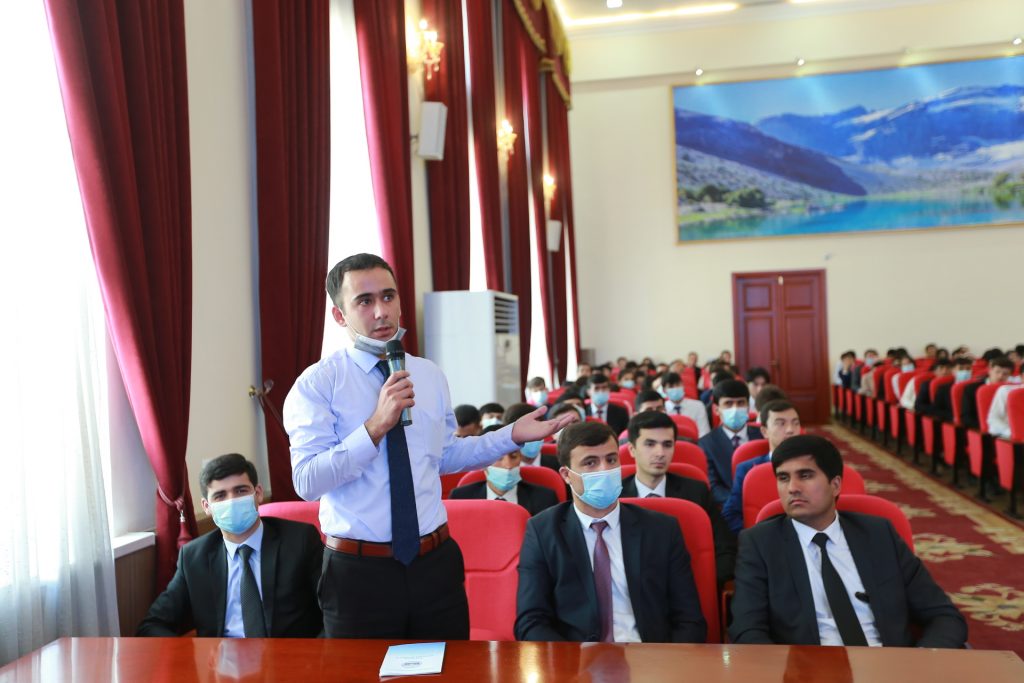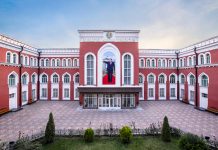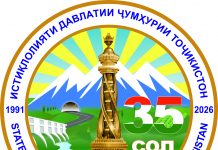On May 18, 2021, in Dushanbe the CSTO Secretary General Stanislav Zas visited the Tajik National University (TNU), where he met with the rector of TNU, Professor K. Khushvakhtzoda. The parties discussed topical issues of the current CSTO agenda. And they expressed their readiness for cooperation to further strengthen cooperation.
Stanislav Zas gave a lecture on the topic “CSTO Collective Security System: Military-Political and Legal Basis of Activity; forces and means of collective security” to a wide audience of studentsю During the lecture he spoke about the goals and objectives of the Organization, the activities of its authorized organs, and in particular, the supreme organ – the Collective Security Council, as well as the Council of Ministers of Foreign Affairs, The Council of Ministers of Defense and the Committee of Secretaries of the Security Council, whose meetings take place in a Dushanbe in connection with the chairmanship in 2021 of the Republic of Tajikistan.
The CSTO Secretary General spoke about political and military cooperation, as well as interaction in the field of countering challenges and threats in the area of responsibility of the Organization. Stanislav Zas vividly spoke about the structure of the entire CSTO, including its power component – the Troops (Collective Forces), and also briefly – about the CSTO crisis response system.
In his lecture Stanislav Zas noted that the main thesis defining the collective nature of security is set out in Article 4 of the Collective Security Treaty. “It determines that aggression against one of the participating states will be considered as aggression against all states parties to the Treaty and they will provide all necessary assistance, including military, in order to exercise the right to collective defense in accordance with the UN Charter,” he cited the fundamental document.
At the same time, it was emphasized that the goals of the Organization are to strengthen peace, international and regional security and stability, protect on a collective basis the independence, territorial integrity and sovereignty of the member states. Political means are given priority in achieving the goals of the Organization.
Summing up his speech, the CSTO Secretary General noted that over the years of its existence and development, the Collective Security Treaty Organization has formed as an effective multidisciplinary international regional Organization. “It has everything necessary to guarantee the security, sovereignty and territorial integrity of the member states and occupies a worthy place among the recognized international collective institutions operating in the field of security,” concluded Stanislav Zas.
The Collective Security Treaty (CST) was signed on May 15, 1992 in Tashkent. On May 14, 2002, at a session in Moscow, the Collective Security Council adopted a decision to transform the mechanisms and structures of cooperation between the CST member states into an international regional organization – the Collective Security Treaty Organization, with an appropriate status. On September 18, 2003, the CSTO Charter entered into force. The Collective Security Treaty Organization includes: the Republic of Armenia, the Republic of Belarus, the Republic of Kazakhstan, the Kyrgyz Republic, the Russian Federation and the Republic of Tajikistan, which chairs the Organization in 2021.
The CSTO Press Secretary Vladimir Zaynetdinov
+7-495-795-27-10
+7-495-621-33-23-tel/fax
E-mail: odkb-pressa@gov.ru

